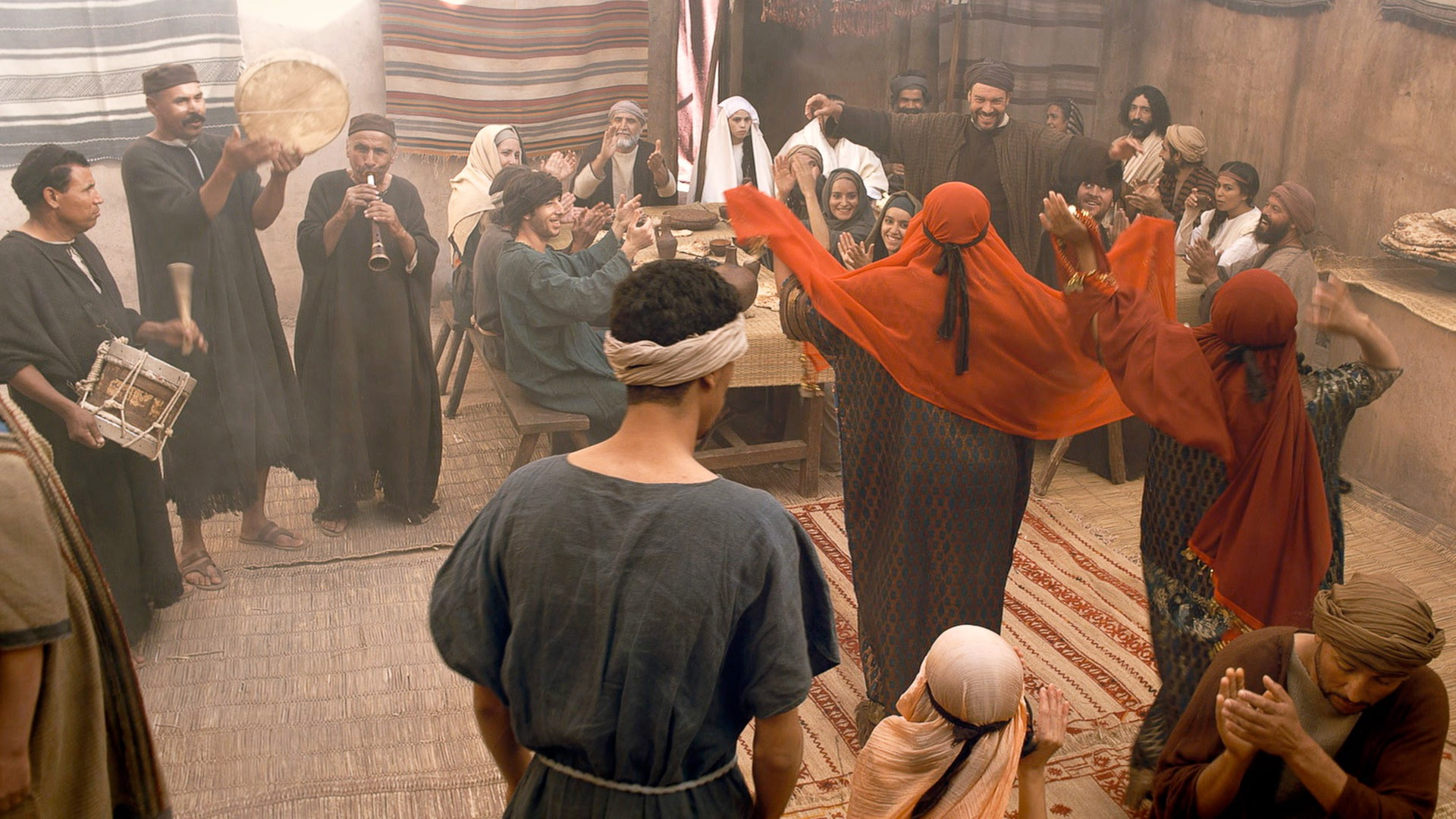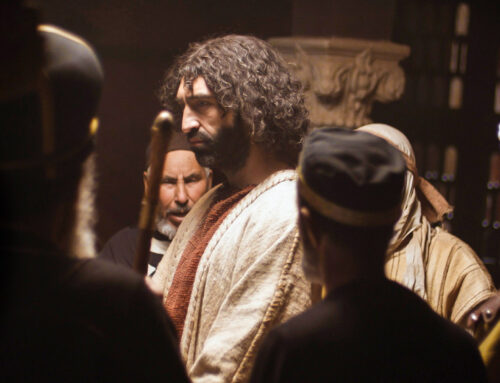You don’t want to run out of wine at your wedding.
In our case it was punch!
Our friend Sue visited us at our home a few weeks after we got married. “It was so cool that you served water at your wedding,” she said. We were stunned. “No, we served punch! We bought it ourselves.” Sue replied, “Well, by the time I got to the punch bowl they were serving water!”
Due to a remodel in process at our church, the trek from the sanctuary to the reception hall took people up a long, narrow ramp. It must have made them particularly thirsty. I’m so glad that our wedding hostess handled the dilemma without telling us about it. I just wish Jesus had been there in person and had taken care of it himself!
The wedding at Cana
In John 2:1-12 we read about a wedding Jesus attended with his disciples. During the event his mother came to him and said, “They have no more wine.” After a brief conversation with her Son, Mary turned to the servants with these words, “Do whatever he tells you” (verses 3-5).
Six large stone water jars, the kind that the Jews used for ceremonial washing, stood nearby. “Fill the jars with water,” Jesus instructed the servants. And so they did (verses 6-7).

FreeBibleImages.org
Jesus’ next request was that they draw some out and take it to the master of the banquet (v8).
If I had been a servant, my heart would have been racing. I might even have forgotten to breathe. But after the banquet master had tasted it he called the groom over. “Everyone brings out the choice wine first and then the cheaper wine after the guests have had too much to drink; but you have saved the best till now” (verses 8-10).

FreeBibleImages.org
Who knew that Jesus had turned the water into wine?
Did the master of the banquet know? No.
Maybe the bridegroom knew? No.
How about the guests? No.
Then who knew where the fine wine had come from?
Only a handful of people. There was Mary, and of course there was Jesus. The disciples also knew. And so did the servants.
Isn’t that just like Jesus—the champion of the underdog—to let the servants, the “socially invisible” at this joyous occasion, witness his first miracle?
What did the servants see?
Take a close look at the picture below. See the wedding from the point of view of the servant in the center of the foreground. In the upper right corner you will see Jesus. I wonder if, when the bride and groom dropped their arms, Jesus could look directly into the servant’s eyes.

All these happy people enjoying the wedding feast, the singing, the dancing, the wine. Only later would they find out the truth about that wine.
But the servants… They may not have had words or names in the story, but they had eyes and ears. They were well aware of what had just happened. Not only did they see a miracle and even participate it. John tells us in 2:11 that they also saw the glory of God!
If you had been a servant at the wedding, what would you have seen and felt? What would you have read in Jesus’ eyes from across the room? How would it have changed your life?
How has Jesus changed your life?
Go in joy,
Ginger




My father, Donald T.K,, mentioned this story of Jesus making new wine at the wedding, during our own wedding back in 1974 – encouraging us to look to Him in the future if we would need a new wine poured into our souls’ journey together down the road…
I have thought of this many times since, and we are so glad that Jesus is still binging joy & renewal day by day.
Nancy, what a beautiful image of Jesus making new wine for your souls on your marriage journey. Thank you for sharing it. You had a wise and kind father.
Ginger
I had never thought about Jesus being in the background at this party. Here is another example how He was a model for us to pattern our life after. When I do a good deed for someone, I often seem to want them to know what I did and appreciate me for doing it. That way I can feel some pride in what I have done. If we are going to do somethng for someone, how much better it is to do it just for their benefit and not out of our own desire to be “liked.” It probably is ok to have those good feelings we get from doing something and being recognized for it, but the latter should not be our motivation for doing it.
How good to hear from you again, Bob. It is certainly the human thing to want to be liked and appreciated, but I agree that that shouldn’t be our motivation. Love should be what drives us. I also agree that, though our motive should not be pride, it’s OK to have a good feeling when we ae appreciated.
Ginger